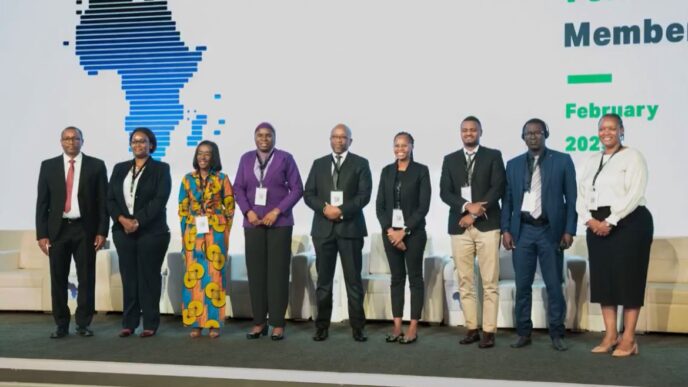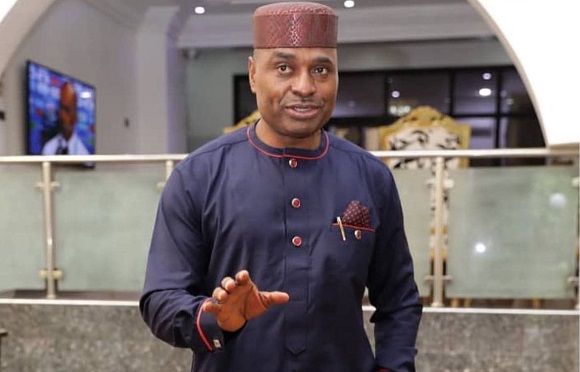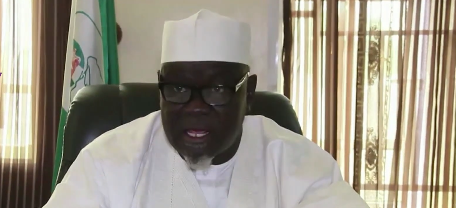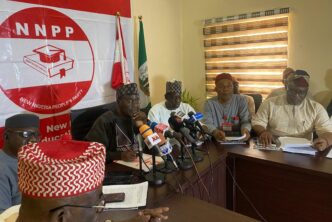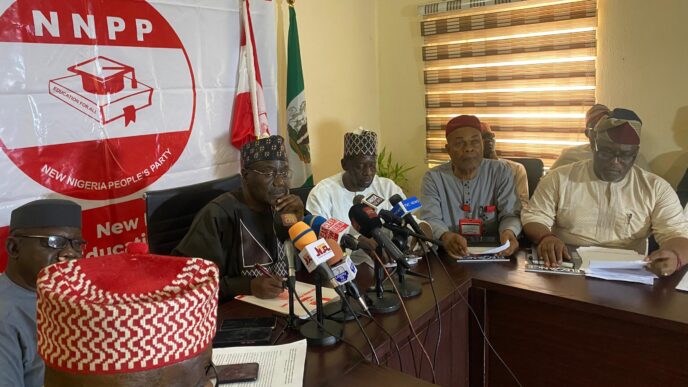The house of representatives
A bill seeking to insulate judicial officers from prosecution by the Code of Conduct Bureau (CCB) has passed the second reading at the house of representatives.
Solomon Bob, a Peoples Democratic Party (PDP) member from Rivers state, sponsored the bill to amend sections 20 and 24 of the Code of Conduct Bureau and Tribunal Act 2004.
The bill intends to sequester judicial officers from prosecution until they are legally removed from office under section 292 (1) of the 1999 Constitution.
Section 292 (1) of the 1999 Constitution states that “a judicial officer may be removed from office by the president or the governor acting on the recommendation of the National Judicial Council (NJC)”.
Advertisement
THE DEBATE
The debate on the bill began on Wednesday but was suspended after it was discovered that not all members had copies of the proposed legislation.
Clement Jimbo from Akwa Ibom had opposed the bill, arguing that the proposed law seeks to give judicial officers immunity.
Advertisement
Citing section 308 of the constitution, the lawmaker said the categories of people that should enjoy immunity do not include judicial officers.
However, Bob, the sponsor, explained that the bill does not seek immunity for judicial officers but prevents them from prosecution unless they are first removed from office.
Leading the debate on Thursday, Bob said the constitution clearly stipulates the procedures for the removal of elected officials, including judicial officers.
“The obvious intention is to obviate the threat of arbitrary removal from office, thereby safeguarding the sanctity of the office and affording the officeholders the necessary leeway to discharge the functions of their office without fear of being victimised,” he said.
Advertisement
“This proposed amendment aims at securing the sanctity of the office of judicial officers, their tenure, and freedom from arbitrary interference and harassment, and to ensure that no judicial officer is put on trial except after having been lawfully removed from office in strict compliance with section 292 of the constitution.”
Opposing the bill, Paul Kalejaiye, an All Progressives Congress (APC) member from Lagos, said the proposed legislation is inconsistent with the constitution.
“We don’t need unnecessary immunity,” Kalejaiye said.
Sada Soli, a member of the APC from Katsina, said the bill does not demand immunity but intends to ensure that a sitting judge is not subjected to prosecution while in office.
Advertisement
Following a lengthy discussion, Benjamin Kalu, the presiding officer, put the bill to a voice vote, with the “ayes” outweighing the “nays” in volume.
BACKGROUND
Advertisement
In April 2019, a three-member panel of the CCT led by Danladi Umar, chairman of the tribunal at the time, convicted Walter Onnoghen, the then chief justice of Nigeria (CJN), on six counts bordering on false asset declaration and ordered that he be removed from office.
He was subsequently suspended by then-President Muhammadu Buhari, who was seeking reelection.
Advertisement
In an appeal, Onnoghen prayed the court to void and set aside the CCT’s judgment on various grounds.
The former CJN argued that the tribunal chairman was biased and denied him a fair hearing.
Advertisement
Listing some of the “errors” in the CCT’s verdict, Onnoghen argued that he was a judicial officer at the time the charge was filed on January 11, 2019, and should not have been subjected to the jurisdiction of the lower tribunal.
He added that only the National Judicial Council (NJC) had the power to discipline him for misconduct and not the lower tribunal.
Onnoghen also challenged the ruling on the confiscation of his assets. He said the order violated provisions of paragraph three of section 23 of the CCB Act, which only permits the seizure of such properties “if they were acquired by fraud”.
He faulted the failure of the prosecution to present Denis Aghanya, whose petition led to the charges against him.
In November 2024, the court of appeal discharged and acquitted Onnoghen after adopting the terms of the settlement reached between the federal government and the defendant.
The court held that the CCT lacked the jurisdiction to entertain the matter without resorting to the National Judicial Council (NJC).
There are other instances where judges were tried before the CCT while still serving in office.
Add a comment



